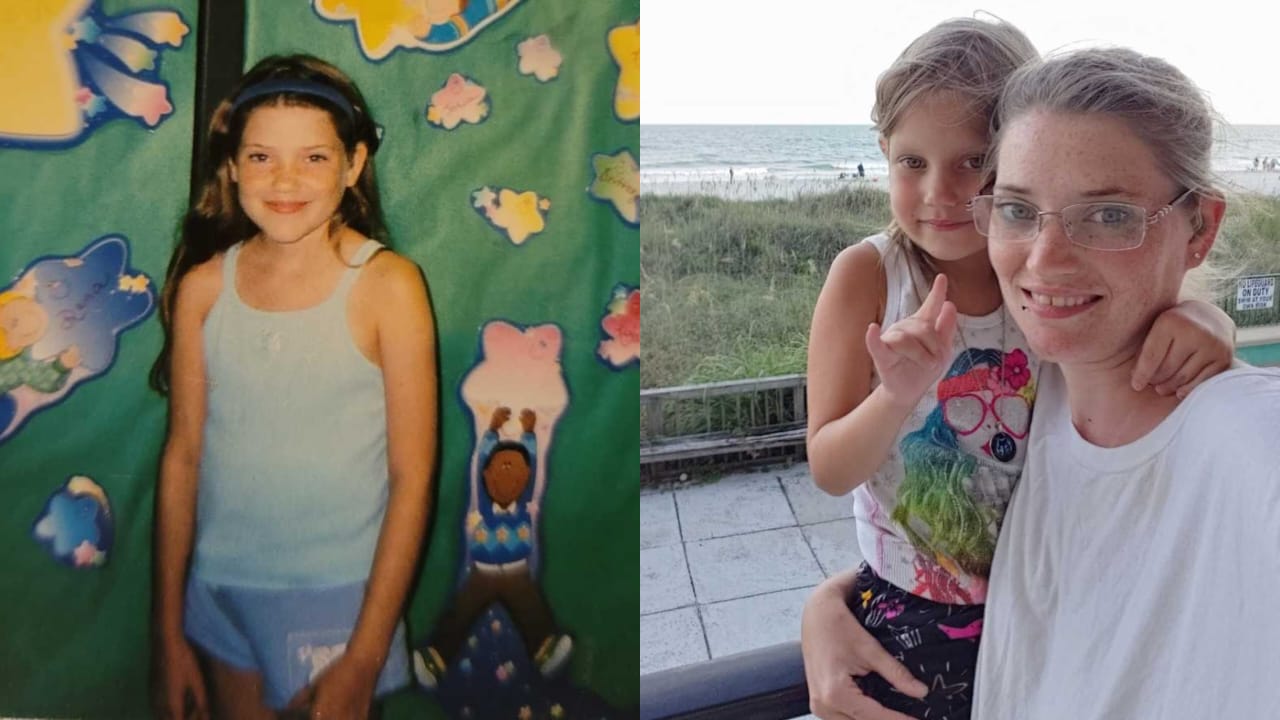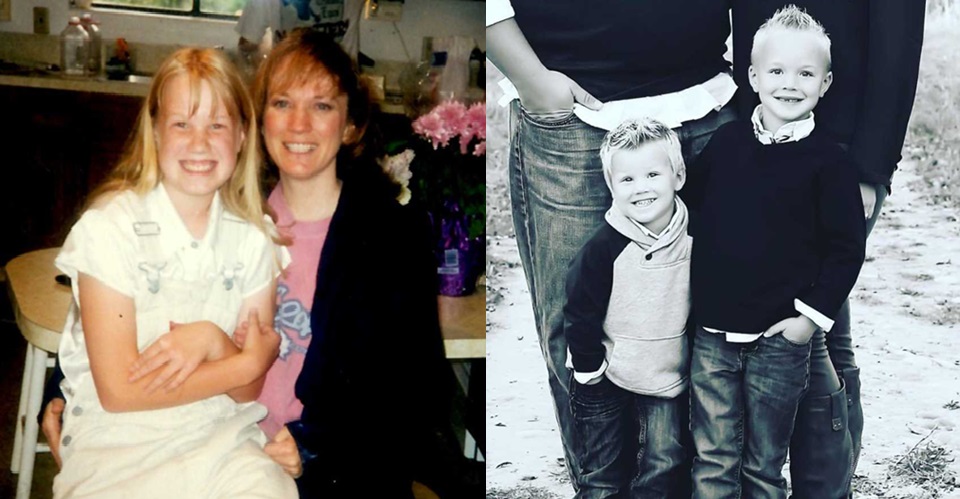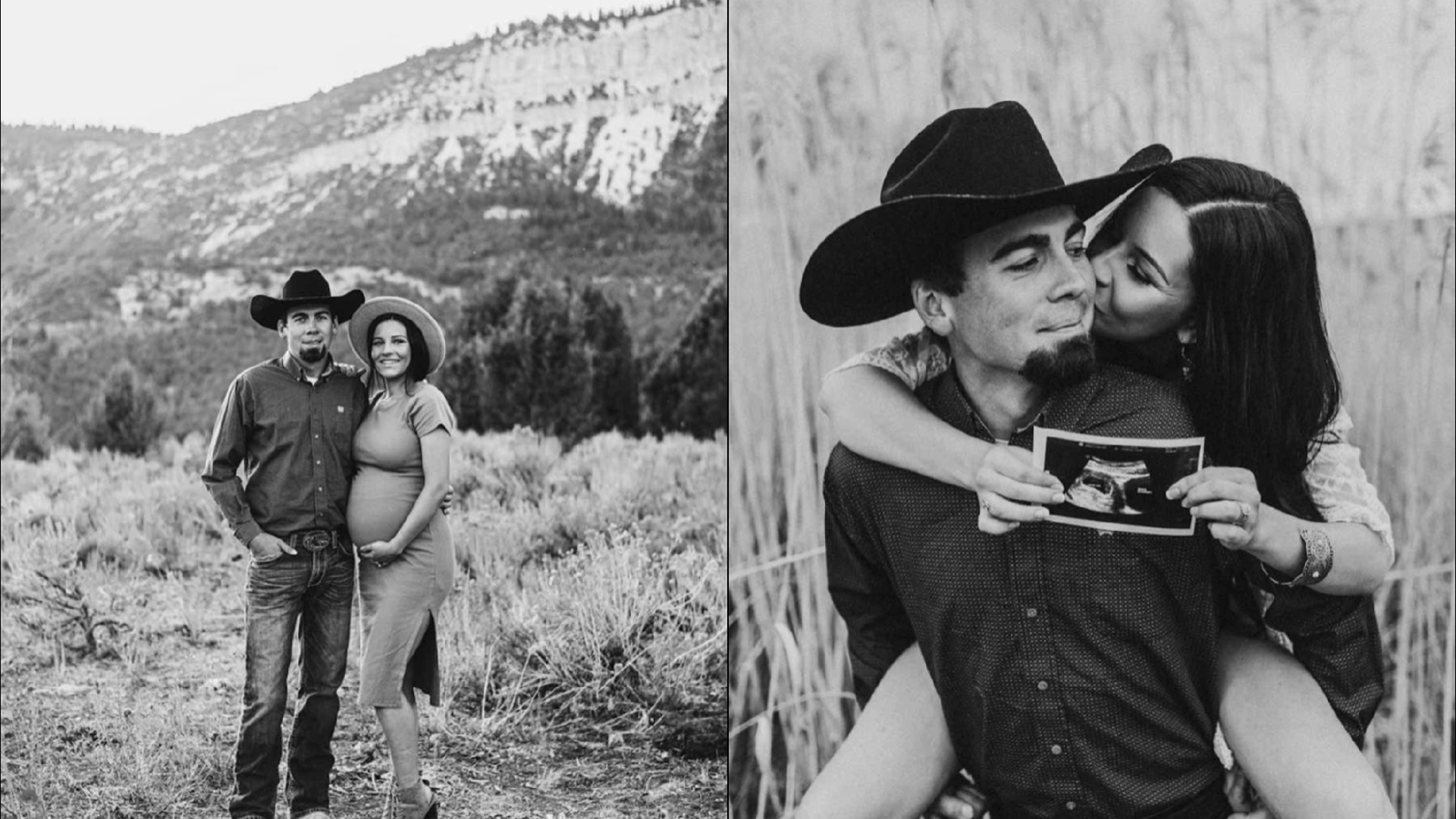When I was little, people often thought I ignored them on purpose. They’d joke that I had “selective hearing,” but the truth was, I couldn’t hear much at all. Unless someone was in the same room, their words sounded muffled, like a whisper I could barely catch. I spoke fairly well for a kid with hearing loss, but that’s only because I taught myself to read lips.
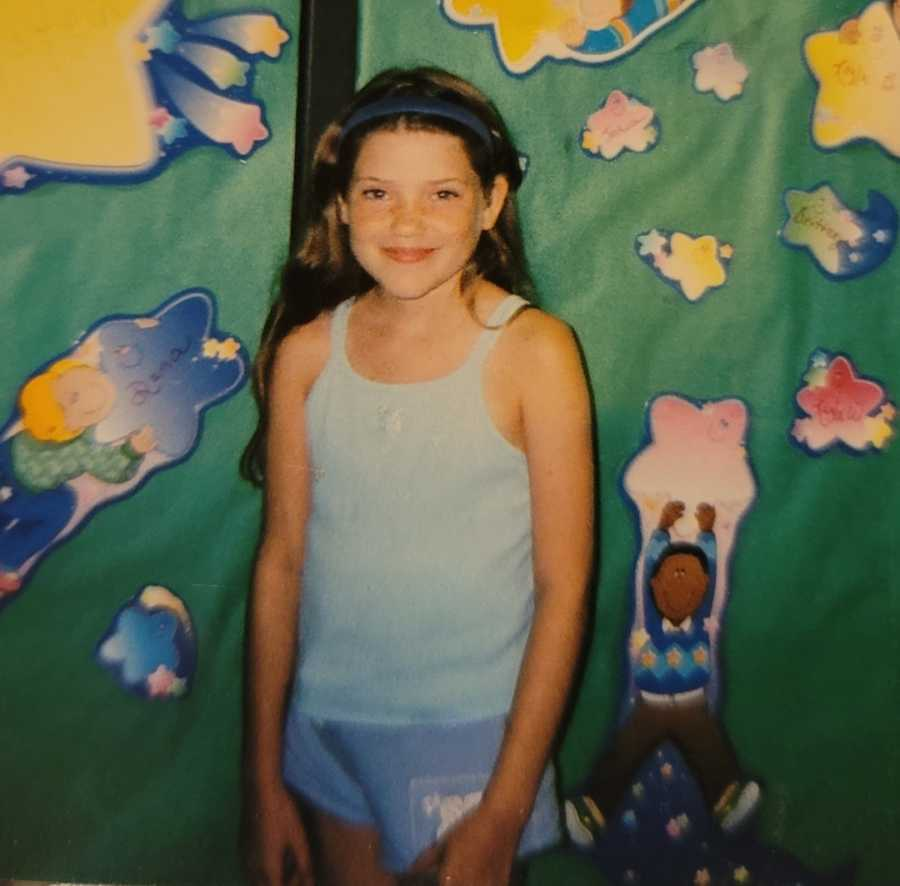
My mom suspected something wasn’t right when I was about two. I’d sleep through loud noises, and if something fell to the floor, I barely reacted. Still, every time I took a hearing test, I somehow passed. I had learned to follow the rhythm of the test without really hearing it. It wasn’t until kindergarten, when my teacher suggested seeing a specialist, that we finally got answers. At the children’s hospital, I failed the hearing test and that’s when we discovered I had sensorineural hearing loss, a condition caused by damage in the inner ear or the nerves connecting it to the brain.
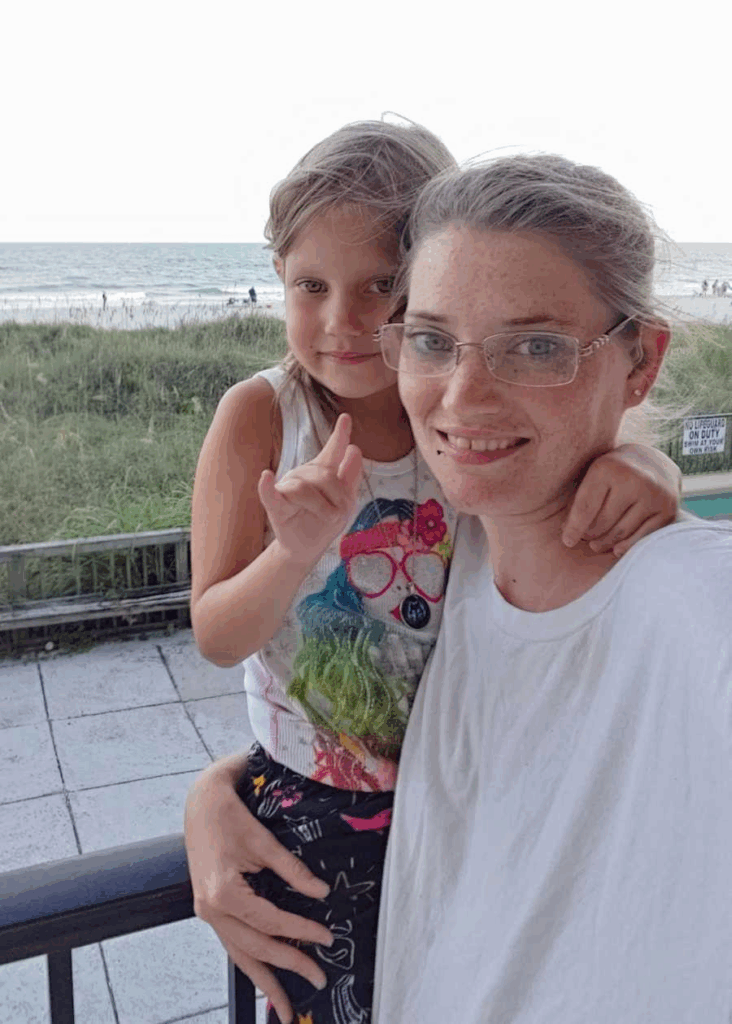
The audiologist explained it in a way I could understand. She showed me a diagram of the ear and said that the tiny hairs inside the cochlea pick up sounds and send them to the brain. Mine, she said, were either damaged or too few. I remember feeling more relieved than sad finally, there was proof that I wasn’t ignoring people. Hearing aids would help, and I was just grateful for that.
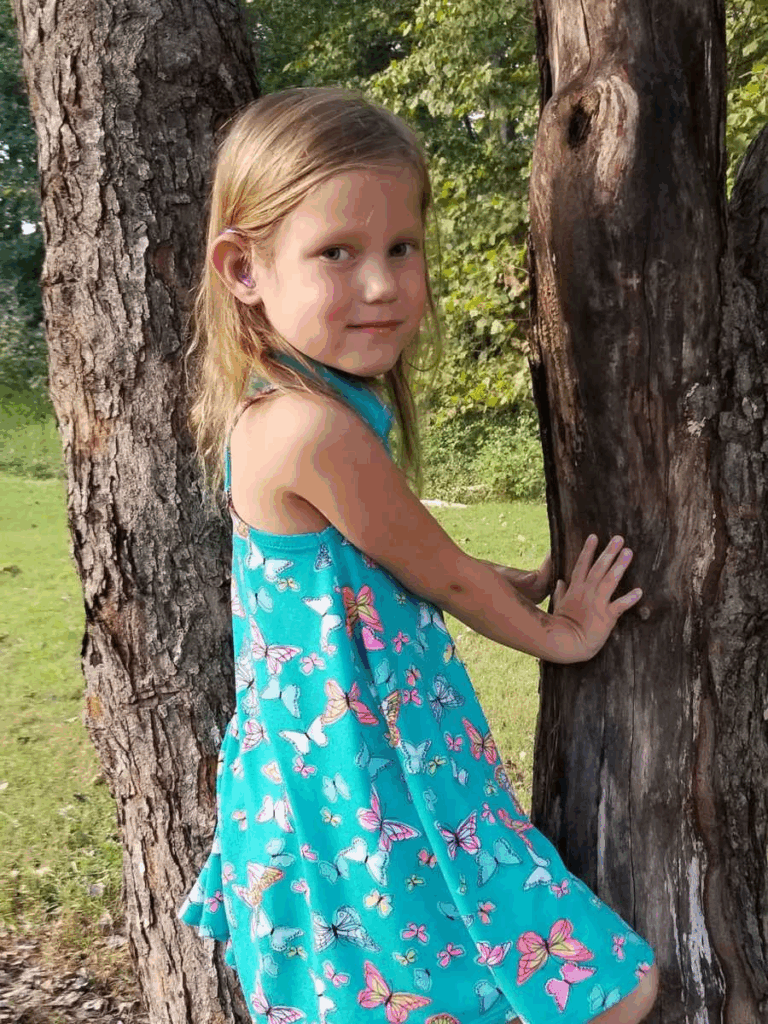
As I got older, I started learning sign language in middle school. At first, I didn’t like it. I was taken out of my English class, which I loved, and I didn’t want to stand out more than I already did. I told my teacher I didn’t need to sign because I could talk and hear. Looking back, I realize I was in denial. I wanted to believe that my hearing loss wouldn’t get worse. But joining that class turned out to be one of the best things that ever happened to me. I met others like me, made new friends, and discovered a whole world I hadn’t known existed, the Deaf community.
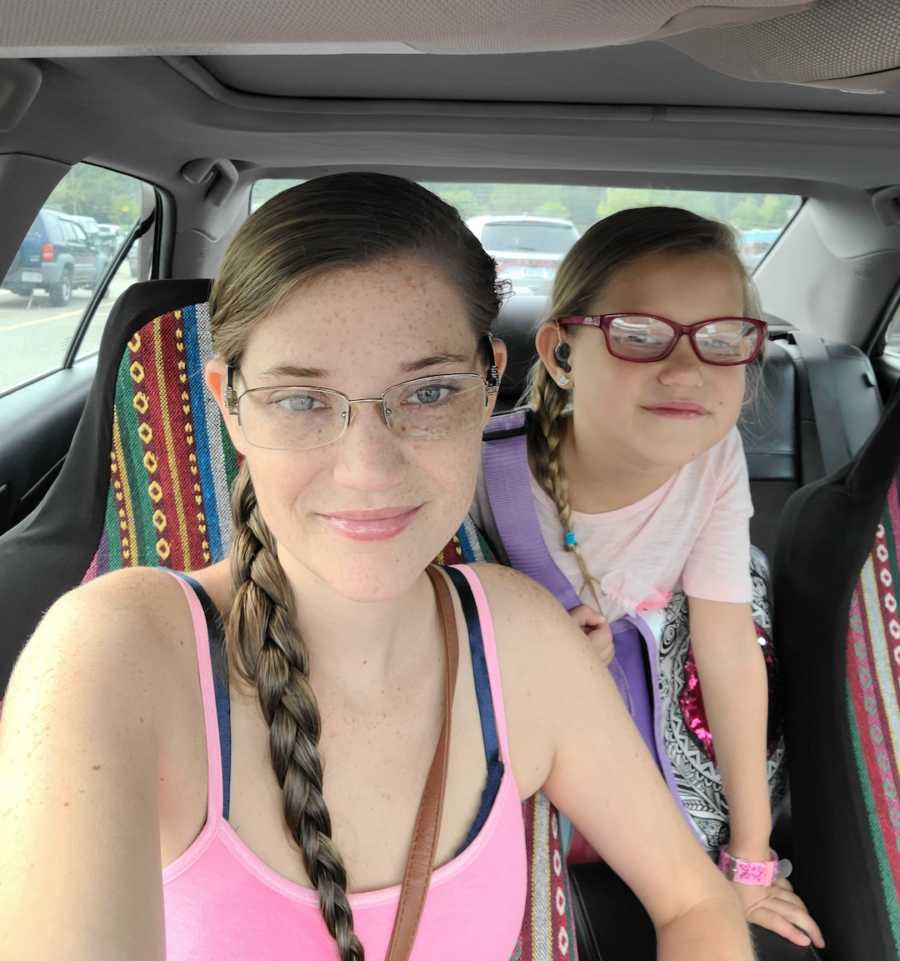
Over time, sign language became part of who I am. It’s also a big part of my bond with my daughter, Liana. When we swim or go to the beach, our hearing aids stay behind, and sign language becomes our way to talk. Sometimes, people around us know a few signs too, which helps. But group conversations, especially in noisy places, can still be tough. I often nod and smile when I lose track of what’s being said, not to be rude, but because it’s exhausting to keep asking people to repeat themselves.
For a long time, I described myself as “hearing impaired” because that’s what doctors and teachers called it. Eventually, I learned that term can sound like something’s broken, so now I say I’m Hard of Hearing or Deaf, depending on the situation. Without my hearing aids, the world is mostly silent. Some people don’t understand that speaking louder doesn’t help, I need to see your lips or hands, not hear your shouts.
My daughter Liana was diagnosed with hearing loss when she was two. We noticed during a game of hide and seek that she didn’t react when her dad shouted “boo” right behind her. Tests confirmed she had moderately severe to profound hearing loss, the same type as mine. I wasn’t scared, I knew she would be okay. She got her hearing aids soon after, and I’ll never forget how her face lit up when she could hear clearly for the first time.
Now, Liana’s learning three languages spoken English, American Sign Language, and Signing Exact English and she amazes me every day. Teaching her can be hard sometimes, especially when she struggles to understand something I think should come easily. But I remind myself that we’re both still learning, her as a child, and me as a mom finding my way through it all.
Hearing aids are expensive, and growing up, my mom often had to take out loans to replace mine. Insurance rarely covered them, calling them an “accessory.” I hope that changes one day because hearing isn’t a luxury.
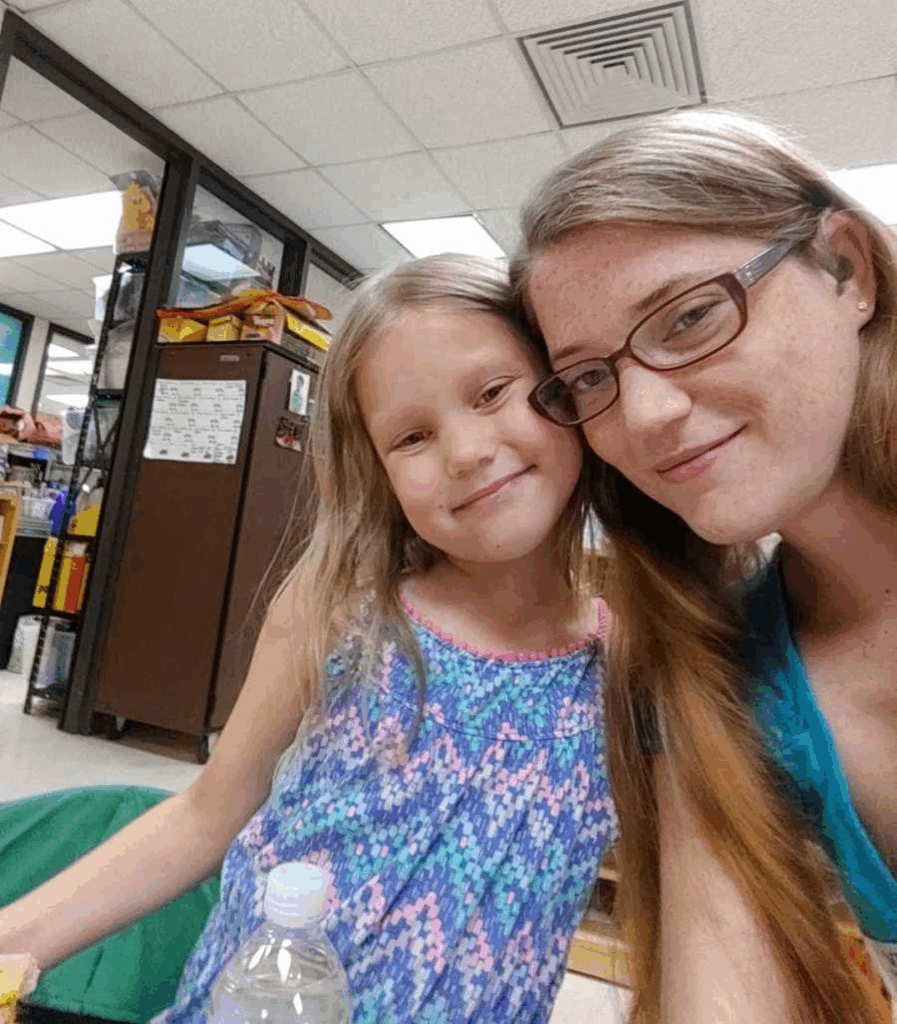
To every parent raising a child with hearing loss, I know how hard it can be. Some days will feel impossible. You’ll question yourself and wonder if you’re doing enough. But keep showing up, keep learning, and never stop believing in your child. Because one day, you’ll see, they hear your love, even when they can’t hear your words.
